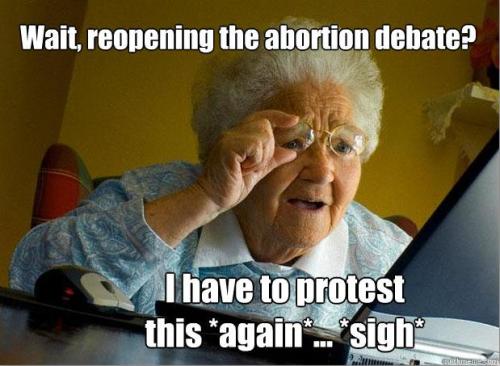And so I asked Julie Andrews (JULIE ANDREWS!), and Emma, who happened to be there with her own young daughter, how we raise strong, confident independent girls in a culture that’s so saturated with princesses.
I asked really nicely, I promise.
And their answers were terrific.
Because they didn’t talk about tiaras. Or even princes. They talked about values.
-Princesses are involved in charitable causes
-Princesses are kind
-Princesses are patrons of the arts
-Princesses make their friends feel good about themselves.
This was problematic for me when I was a kid. When I was very young, I didn't perceive the key characteristics of the Disney princesses and other similar fictional characters to be that they were pretty or that they were rescued by their prince. I perceived it to be that they were Very Very Good. The general moral that I got from the stories is that girls who are Very Very Good - they were patient, they were cheerful, animals loved them, they were proactively helpful, they never lost their temper - got to live Happily Ever After.
And this made me feel bad about myself because I'm not Very Very Good. I'm not terribly cheerful - usually the best I can do is copacetic. I try hard to be good, but sometimes I lose my temper. I don't know how to make people feel good about themselves. I'm not good at seeing ways to be proactively helpful. I'm not bad and I'm not mean, but the best I can do is just quietly stay out of everyone's way and not hurt anything. I'll never have what it takes to be Very Very Good. So I'll never get to live Happily Ever After.
On top of that, it wasn't just the princesses who were Very Very Good. Most, if not all, of the female protagonists I encountered at a young age were Very Very Good. Since I'm not Very Very Good, that made me feel insecure in my femininity. As I've blogged about before, I take after my father, I'm not very feminine-looking and was even less so without the benefit of puberty and makeup, and before I grew my hair long I was constantly mistaken for a boy. My parents discouraged me from wearing skirts and (in a way that's rather similar to today's parents hand-wringing about princesses) tried to encourage me towards less girly pastimes and media consumption. This led me into this weird cycle of self-loathing where I thought my parents didn't want me to do girly stuff not just because I'm not pretty enough but because I'm not Very Very Good, and I also thought I was going to turn into a boy because I'm not pretty enough and because of other misunderstandings of how human anatomy works, and I though that my inability to be Very Very Good was a sign that I must really be a boy. But I didn't want to be a boy, I want to be a girl! (And for those of you just tuning in, I'm female-born and cisgendered.)
Unfortunately, I don't think this trend of Very Very Good protagonists is going to go away. Adults want kids to be good, so it makes sense that they'd keep producing children's media where Very Very Good = Happily Ever After.
But children's media could help produce more children who are closer to Very Very Good by teaching kids how to be Very Very Good, perhaps by showing characters who are working on it. How do you make your friends feel good about themselves? How do you be patient and never lose your temper? How do you be proactively helpful? The stories I read as a kid portrayed these characteristics as innate, but they're actually things people can learn and work on.
There's recent research (I'm pretty sure I read it in Malcolm Gladwell, but the specific source escapes me) that kids who think good grades are the result of hard work get better outcomes than kids who think good grades are the result of innate intelligence. I think something similar could happen if virtue were presented as the result of work rather than as innate, as something you have to think about rather than something that comes automatically.
